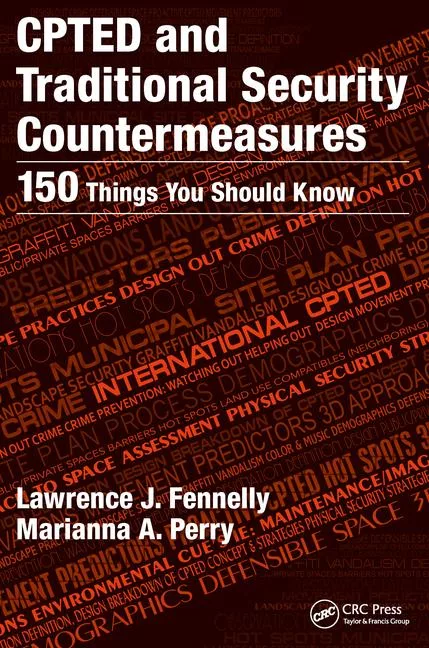Are You Us? Or Are You Them?

Did it ever dawn on you that the basic principles of security mimic society? This thought struck me recently during a visit to New Zealand. I was fortunate to be invited to participate in a very special traditional Maori welcome ceremony. Having a guy threaten you with a very sharp spear normally doesn’t make me feel so welcomed, but in this case it was very powerful.
My hosts were Bill Gallagher and the Gallagher Group executive team. Gallagher (www.cardax.com) is an impressive technology company with a 70-year history. In fact, the company celebrated its seventieth anniversary while I was there. During the gala dinner, we all saw a video describing the history of Gallagher and how Bill and John and their father made a career of applying technology to business and security problems around the southern hemisphere. The Maori Welcome Ceremony was part of the festivities.
A Warm Welcome?
If you’ve never witnessed a traditional welcome between two tribal leaders before, it is a bit off-putting. For one thing, the so-called welcome is in fact a test. Each side is feeling out the other. As the representative chief, my Maori interpreter instructed me that I would be offered a token of peace. If I picked it up and advanced toward the giver, I would be declaring war. If I stepped back, I’d be submitting to the authority of the Maori and creating peace.Sounded easy enough, until I saw the warrior who was “welcoming” me. Such a level of ferocity I’d never witnessed first hand. The traditional facial expressions and movements – all very threatening – and the very sharp spear he was flinging about made me a bit apprehensive. What if I screw this up? With 200 people watching, what if I treat him or his people with disrespect, maybe by a nervous laugh or an accidental bolt forward? This wasn’t just an exhibition; this was a real interaction between two people. This was an important ritual – the likes of which are thousands of years old and still going on today in neighborhoods and corporate boardrooms. This was the physical act of answering the first question of society and of security: “Are you one of us, or are you one of them?”
Who Are We?
In 2004, and probably inspired by the national identity crisis that followed 9/11, Samuel Huntington, a Harvard political science professor, released a book titled “Who Are We?” It is a compelling study of a complex question. The extent to which we are unsure about who we are, we will also be unsure about who “they” are. I believe that this question, the question of us and them, is at the heart of every security decision and similarly at the core of every society or corporate group.The Maori traditions symbolize the question, this natural conflict, with a beautiful and elaborate ritual. The warrior places a token, in my case a feather tied to a carved bone, on the ground and draws a line in the sand, as it were. Crossing the line without an expressed invitation would violate the boundary not just of his society’s “security perimeter,” but also his group’s private space, their home, their internal network.
This is Security
First the Maoris answered the question “Who are we?” Then they declared the limits of their private space. Outsiders would be welcome, only according to the Maori rules, and subjected to Maori authority. I’ve just described the first fundamental principles of security, haven’t I? There was authentication, then authorization, then the rules or administration.A once in a lifetime experience for me, burned indelibly the idea that security is always a reflection of the people and groups giving birth to it. It does not exist on its own. Security is never the point.
Looking for a reprint of this article?
From high-res PDFs to custom plaques, order your copy today!




